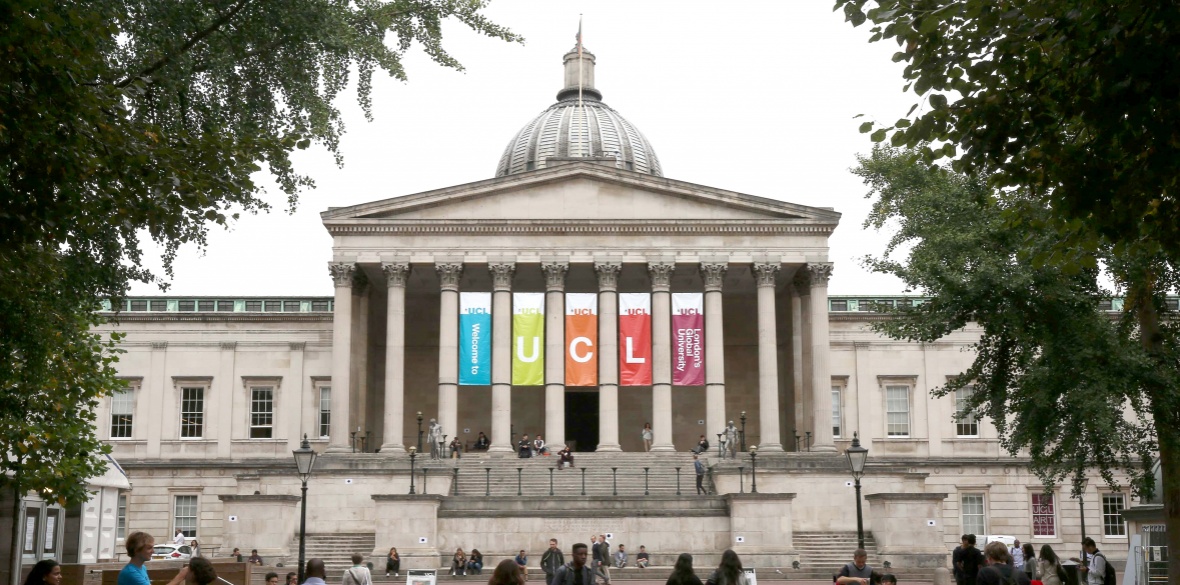This is the last article you can read this month
You can read more article this month
You can read more articles this month
Sorry your limit is up for this month
Reset on:
Please help support the Morning Star by subscribing here
THE definition of anti-semitism by the International Holocaust Remembrance Alliance (IHRA) is not fit for purpose, University College London’s (UCL) academic board found today following a detailed study.
The board is urging the council of the college to set aside the IHRA definition of anti-semitism, which the UCL adopted in 2019, and replace it with a more appropriate alternative.
In the groundbreaking report, academics and lawyers found that the IHRA definition “is not fit for purpose within a university setting and has no legal basis for enforcement.”
The IHRA definition is unhelpful in identifying actual cases of anti-semitic harassment and so is a weak tool for effective university action, the report also found.
It said that the definition “obfuscates rather than clarifies the meaning of anti-semitism, and may in fact make it harder to identify and understand how anti-semitism works.”
The report found that the IHRA definition risks conflating criticism of the state of Israel or of zionism with anti-semitism, and therefore threatening freedom of expression on campus.
“By blurring these boundaries, the IHRA working definition risks undermining academic freedom,” it said.
The report delivers a devastating blow to Education Secretary Gavin Williamson’s attempts to bully universities into adopting the definition.
His threat to withhold funding from universities that do not adopt the definition demonstrates “how university autonomy is under threat,” the board warns.
Palestine Solidarity Campaign director Ben Jamal said: “This study, the most systematic yet undertaken by a group of eminent academics, reinforces the concerns that have been expressed by a wide range of bodies since the UK government adopted the IHRA definition in 2016.
“The definition has been used to prevent both discussion of the facts of Israel’s oppression of the Palestinian people and calls for action to address that oppression. It thereby undermines freedom of expression at universities and more widely.
“Gavin Williamson needs to stop pressuring universities to adopt. Moreover, all public bodies considering adoption need to address seriously the findings of this report.”
Sir Geoffrey Bindman QC, one of the lawyers involved in the consultation of the study, said: “Concerns about the coercive attempts to force public bodies to adopt the IHRA definition are clearly shared by lawyers and academics alike.
“The government must cease its pressure on institutions to curtail debate and restrict freedom of expression.”
In a statement release today, UCL said: “The decision to adopt the IHRA was passed by an overwhelming majority of UCL’s Council – the university’s governing body – as part of its commitment to drive race equality and tackle discrimination along with other action to raise awareness and understanding of different forms of racism. By adopting the IHRA, UCL has sent a strong message that we take antisemitism seriously and are committed to tackling it.
“Following a thoughtful debate this week which universally reaffirmed this commitment to tackling anti-semitism, a meeting of UCL’s Academic Board voted to make an advisory recommendation to Council to find an alternative definition to the IHRA. Council will now consider this recommendation and will continue to consult and listen to the views of the entire UCL community on this and other issues.”










